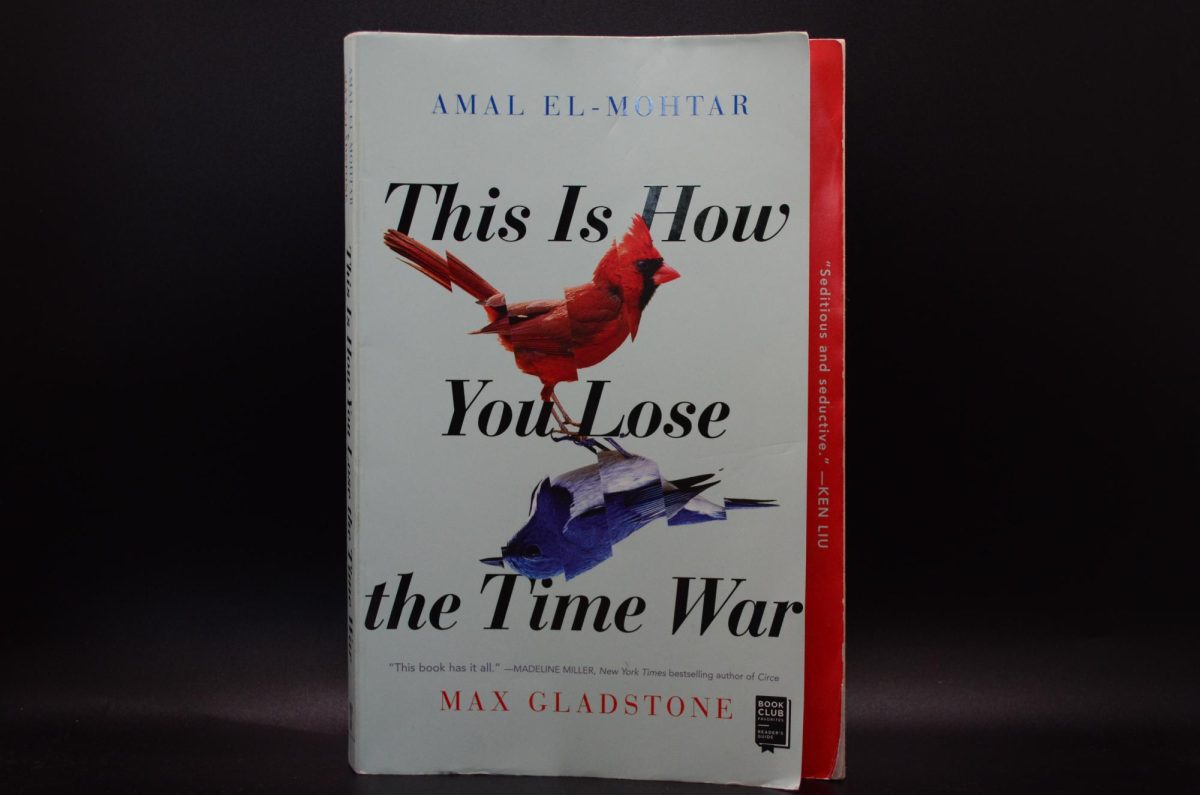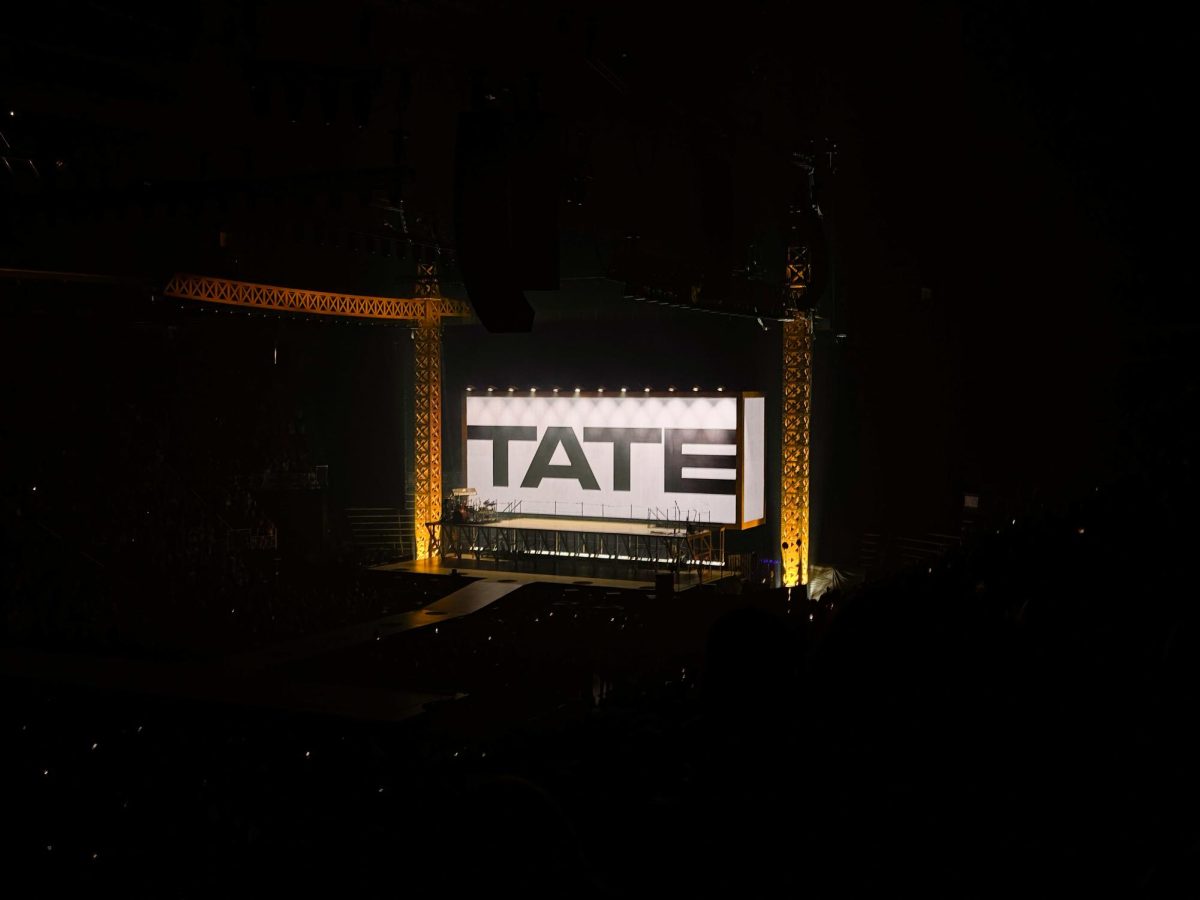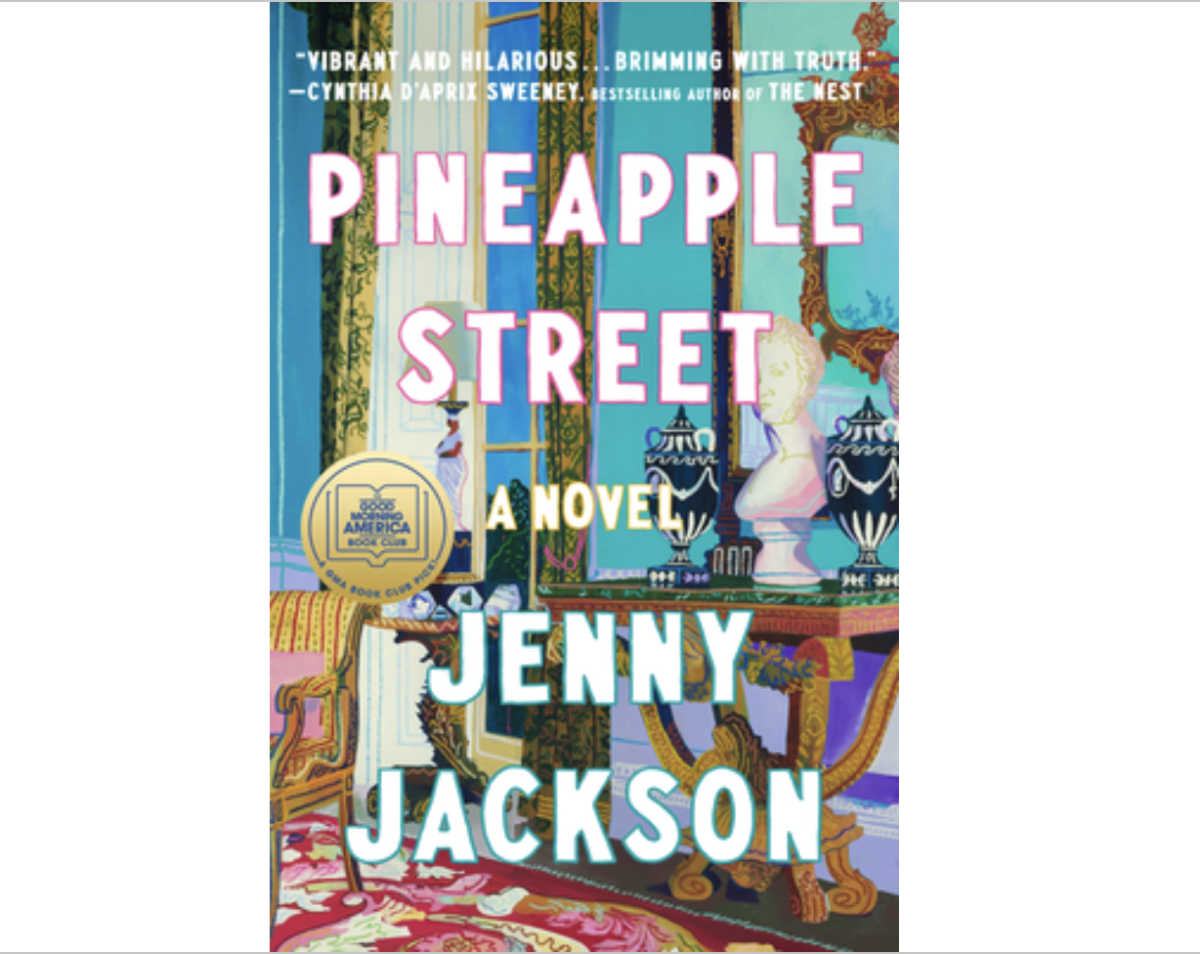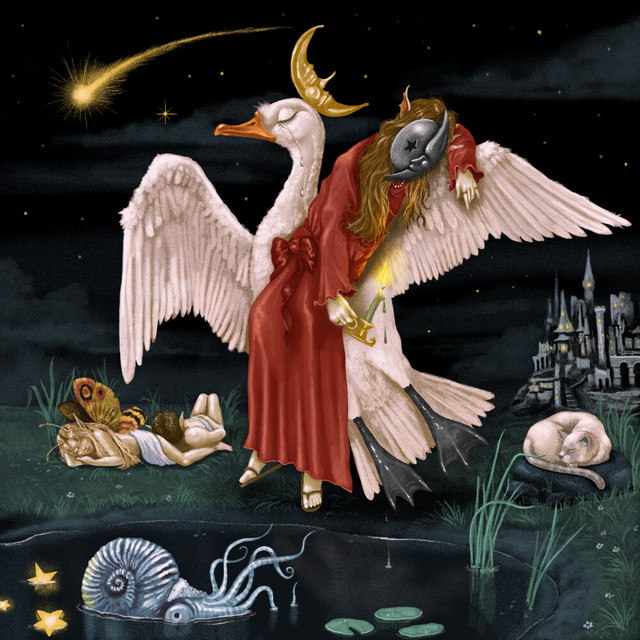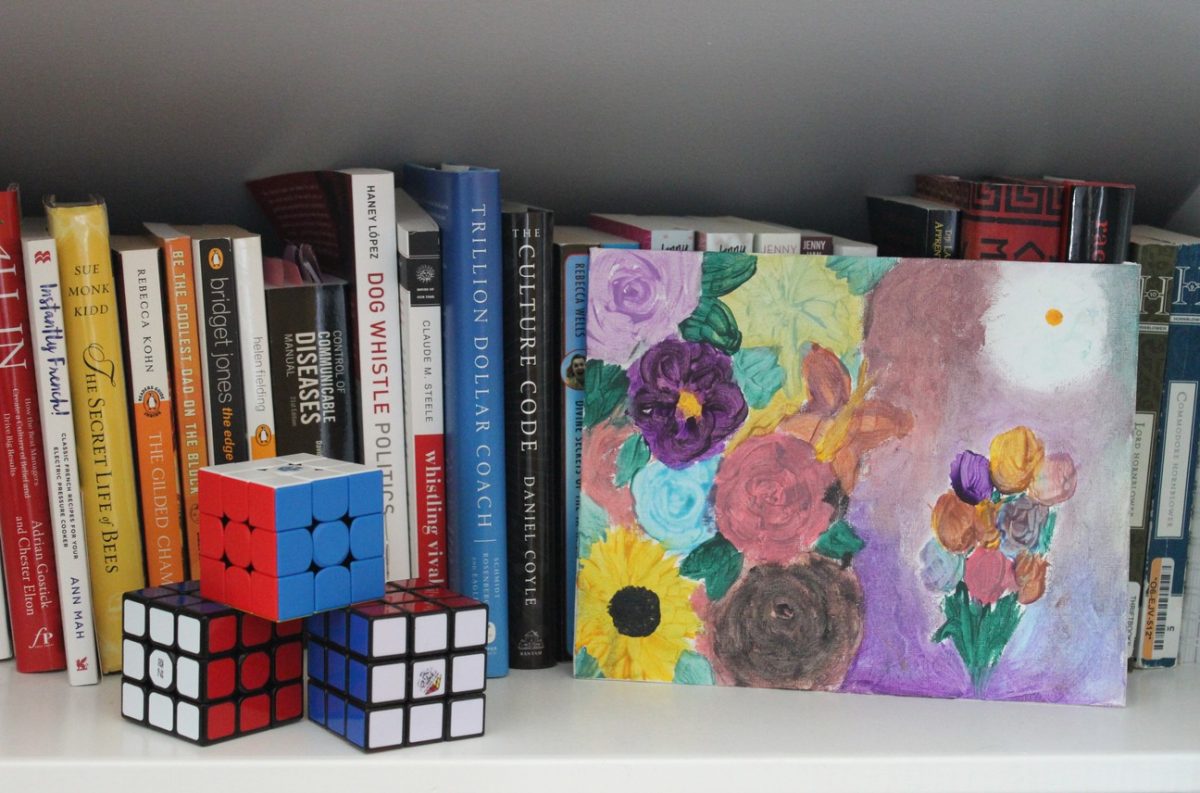Apocalyptic wars at the end of time. Ancient civilizations that rise and fall before the beginning of recorded history. Take these epic scenes and stage within them a beautifully simple story of love, and you’ll have gleaned the setting of “This is How You Lose the Time War,” by Amal El-Mohtar and Max Gladstone. If you haven’t had the privilege of enjoying this book, stop reading this and read it. It’s 224 pages and you’ll wish you had a thousand more.
This story is first and foremost about two people born in different timelines of the future. In one future, humanity lives in a galaxy-spanning technotopia called Agency. In the other, all biological life has joined together as a single hive consciousness called Garden. These timelines are at war, and their only goal is the complete obliteration of the other. To win this war, they create soldiers known as agents, powerful beings who can climb through time and bend its path in their favor.
Somewhat unsurprisingly, Red of the Agency and Blue of the Garden find themselves falling in love. This is strictly forbidden because no communication is allowed between the two sides. For fear of being discovered by their own sides, they communicate through letters that take the form of different objects crafted through time. Tree rings, tea leaves and seal blubber are meticulously shaped over centuries for the express purpose of being a mode of communication between the Red and Blue.
This book follows a time-honored cliché: two sworn enemies falling in love across the fog of war. What’s new is the scale of ambitious and fearlessly imaginative storytelling that the authors bring. Epic dramas spanning worlds and millennia, such as this book, are difficult to pull off while retaining an intimate personal factor. However, this book deftly avoids this issue; as it progresses, the waging of the time war begins to fade from the narrative, and the love letters exchanged become more and more the focus of the story.
In one sense, the title — “This is How You Lose the Time War” — foreshadows the crux of the entire story: The reason they lose the war isn’t because they are killed, or disintegrated or drowned in a pool of acid. But because they decide that loving the other is more important than fulfilling the reason they were made in the first place.
Ultimately, you would not be far off to summarize the story as enemies-to-lovers plus time travel. But this old trope executed with grace, precision and no shortage of creative vision still makes for a touching tale.



